What Does Chamber Music Really Do For a Student’s Playing?
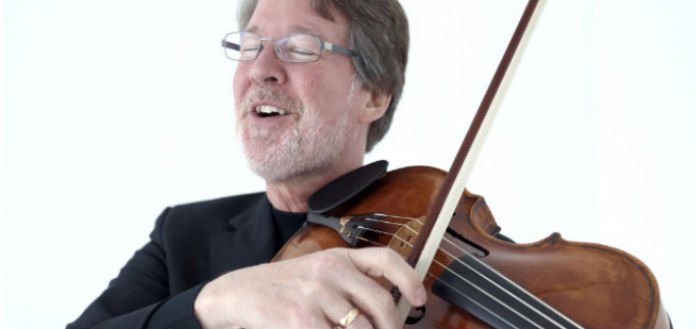
The Violin Channel member Sabrina Young from the United States was keen to know: “How important really is chamber music? What does it really do for a student’s playing?”
The question was passed to former-Cleveland Quartet and Sequoia Quartet violist and Rice University Shepherd School of Music pedagogue, Mr James Dunham. His response:
“Hi Sabrina,
Perhaps first and foremost, Chamber Music fosters the art of “listening” – not the kind that merely “hears” the linear melody or vertical chord: I’m speaking of truly deep listening that involves sonority, blend, harmonic tension/release, colors that can shift in only a few notes. It is intricate, emotional, meaningful.
In a similar way, this also requires truly hearing your colleagues! Chamber music is, after all, a shared and collaborative art form, and it involves a fascinating pairing of self-confidence combined with real diplomatic skill. As a touring musician, I was often challenged by non-musicians who had trouble understanding the subtlety involved in making music in a string quartet.
Inevitably, the main question was “How can you stand all the compromises you have to make?” The answer was that we must be able to move beyond compromise and rise to the level of collaboration. If we only have the choice of “my idea” OR “your idea,” one of us will be unhappy for sure! If we simply combine portions of each idea and “try hard,” most likely we will both be “half-happy,” which is to say: completely UNhappy! IF, on the other hand, we explore both ideas, try them with true honesty and strive to understand each possibility, in many (most?) cases you come out with something more dynamic, more compelling than either of us would have discovered on our own. Add two or three more people, and this exploration is expanded exponentially! Granted, it requires very open and willing musicians, capable of stepping aside from “ego,” to go beyond any single idea. The challenge may be great, yet the rewards are without parallel.
Mutual respect is a must, of course, and all this exploring takes time. Leadership and language skills are developed, enhanced and honed along the way. Of particular interest is the growth of refined technical skills that allow intricate voicing within the ensemble. Sounds that are too “opaque,” which muddy the clarity of the ensemble, are often criticized as “too loud or too soft.” If only corrected by changing the dynamic, these sounds simply remain opaque, just at a new dynamic level. If, on the other hand, the sound is made “clear,” often the original dynamic was not the actual issue, only that the clarity was lacking. For now, of the myriad possible challenges and solutions, I will offer only a single example. Let’s say the issue is playing an accompanying passage “too loud” – chances are the bow weight is too much and/or bow speed too slow. If one then plays a bit closer to the bridge with a slightly lighter, quicker stroke, the high overtones are enhanced, the slightly muddy quality of the former stroke is relieved, and the melody can be heard “through” this more transparent sound without losing the presence of the accompaniment!
Another wonderful awareness that comes from chamber music study is identifying who your musical partner is at any given moment. In terms of a string quartet: Is this a 4-way blend? Are the middle voices a “duo” with top and bottom around them? Perhaps it’s a 1st violin solo, with the lower voices operating as a “trio.”
So many options, so many potential solutions! It means, therefore, learning to study the score and use your ears!
Briefly, what have we learned so far?
How to listen deeply as a musician.
How to listen deeply as a person!
How to share, collaborate and be supportive.
How to express oneself in an articulate, musical, emotional and compelling manner.
How to lead from any seat in the ensemble.
How to support from any seat in the ensemble!
Does this enhance the student’s playing in other areas? How can it not! As a soloist, even playing an unaccompanied work takes on a new character, and collaborating with a sonata partner reveals new depths to the harmonies and shared melodies and concepts. And as an orchestral player, suddenly the role of blending within a section takes on new meaning (and the ability to accomplish it!), the connections between sections begin to make more sense, and the conductor is thereby enabled to ask more of the orchestra without needing to explain the “how” of it, just the “why.”
Years ago at the Chamber Music America National Conference in New York City, I was asked to give a presentation on how I coach a chamber ensemble. I was incredibly fortunate to have the then up-and-coming (and soon to be prize-winning!) Pacifica String Quartet as my “guinea pig” ensemble and we worked through all the things I’m discussing here. At the end, a woman came over to say how much she enjoyed the session. “But,” she continued, “you weren’t only talking about music…you were talking about LIFE!”
This is what Chamber Music can mean to students of all ages.
Best regards, James“
James Dunham is a former member of the Grammy-winning Cleveland Quartet and the Naumburg Award-winning Sequoia Quartet. He currently performs with the Axelrod Quartet, in residence at the Smithsonian Institute in Washington DC – and serves a viola and chamber music teaching Professorship on faculty at Rice University’s Shepherd School of Music
The article orginally appeared on the Violin Channel website: Ask The Pros: askthepros@theviolinchannel.com
More Articles
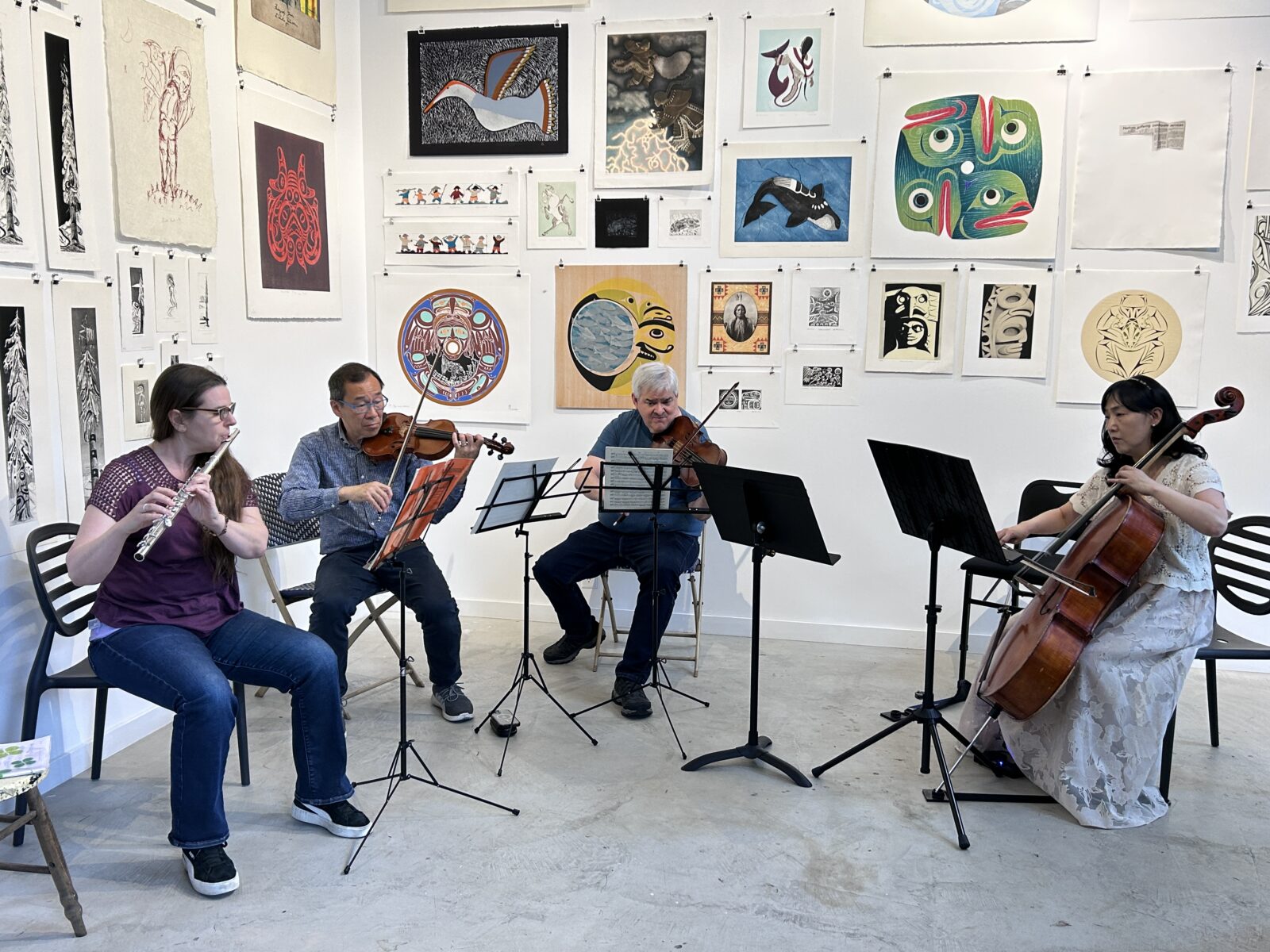
And the Play-Ins continued in June!
With ACMP's rapidly growing community of chamber musicians, Play-In season is never over! Read about two recent Play-Ins in June.Read More ↗
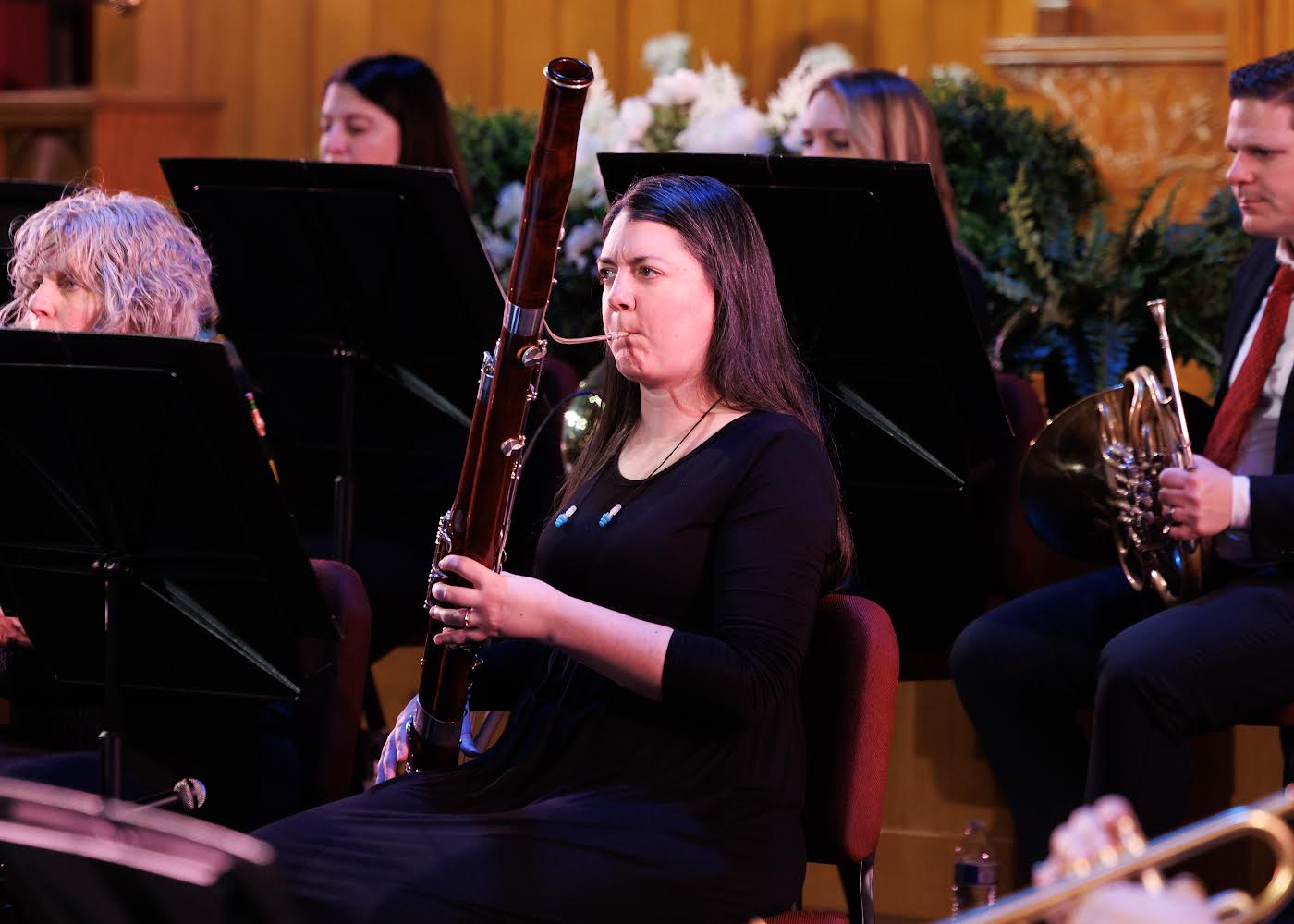
2025 News of Note Puzzle Contest Winner and Answers
Congratulations to bassoonist Jessi Vandagriff for winning this year's News of Note puzzle contest. And read more for the great puzzle answer reveal!Read More ↗
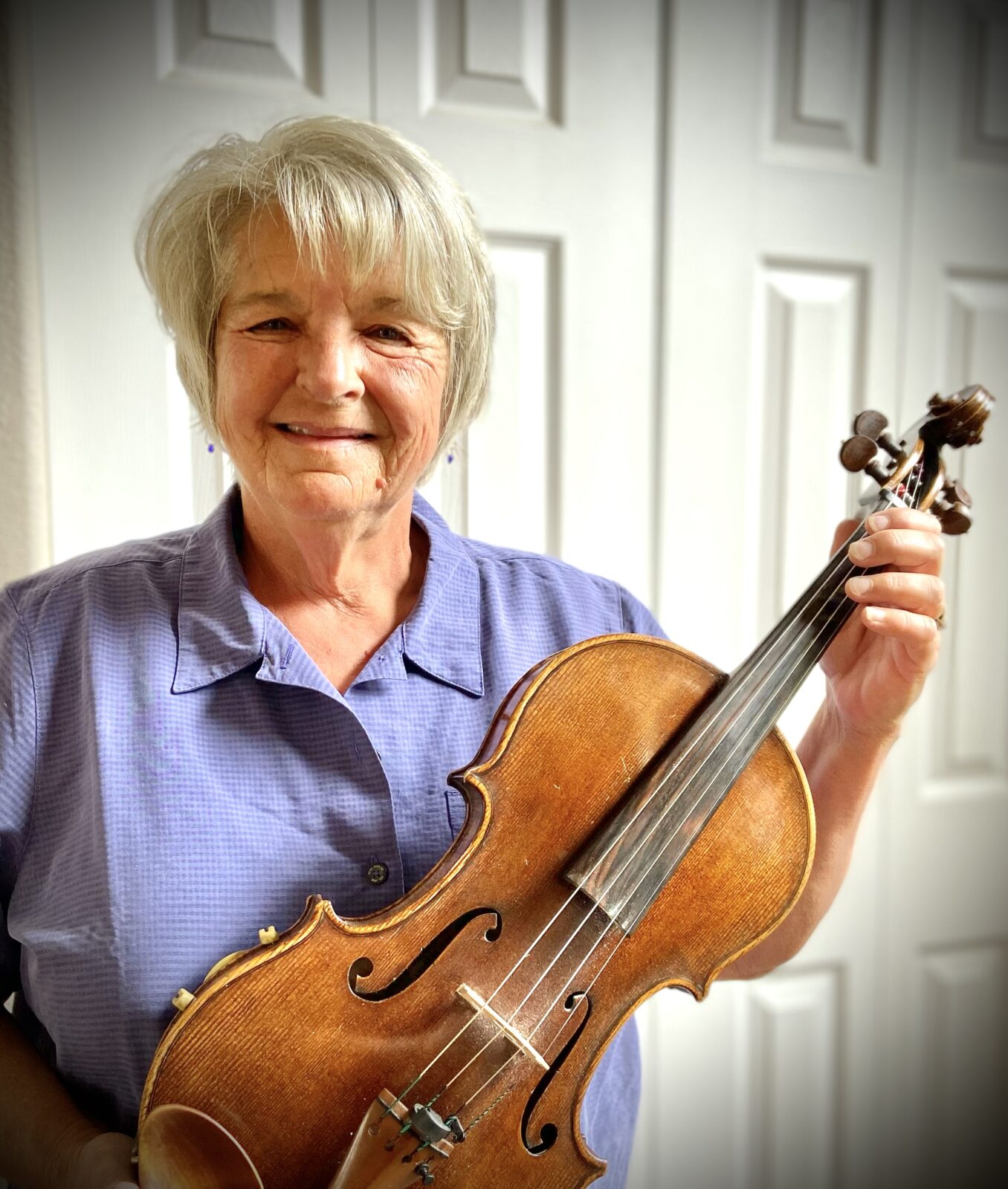
Member of the Month, July 2025: Cheryl Hite
The ranks of ACMP members are filled with professionals who began their college careers with the intent of pursuing music for a living, then for whatever reason moved into another career. Colorado-based violist Cheryl Hite is one of those musicians. A native of Detroit, she enrolled at Indiana University in the 1970s as a double major – biology and viola performance. Read her interview with ACMP Board Chair Bob Goetz.Read More ↗
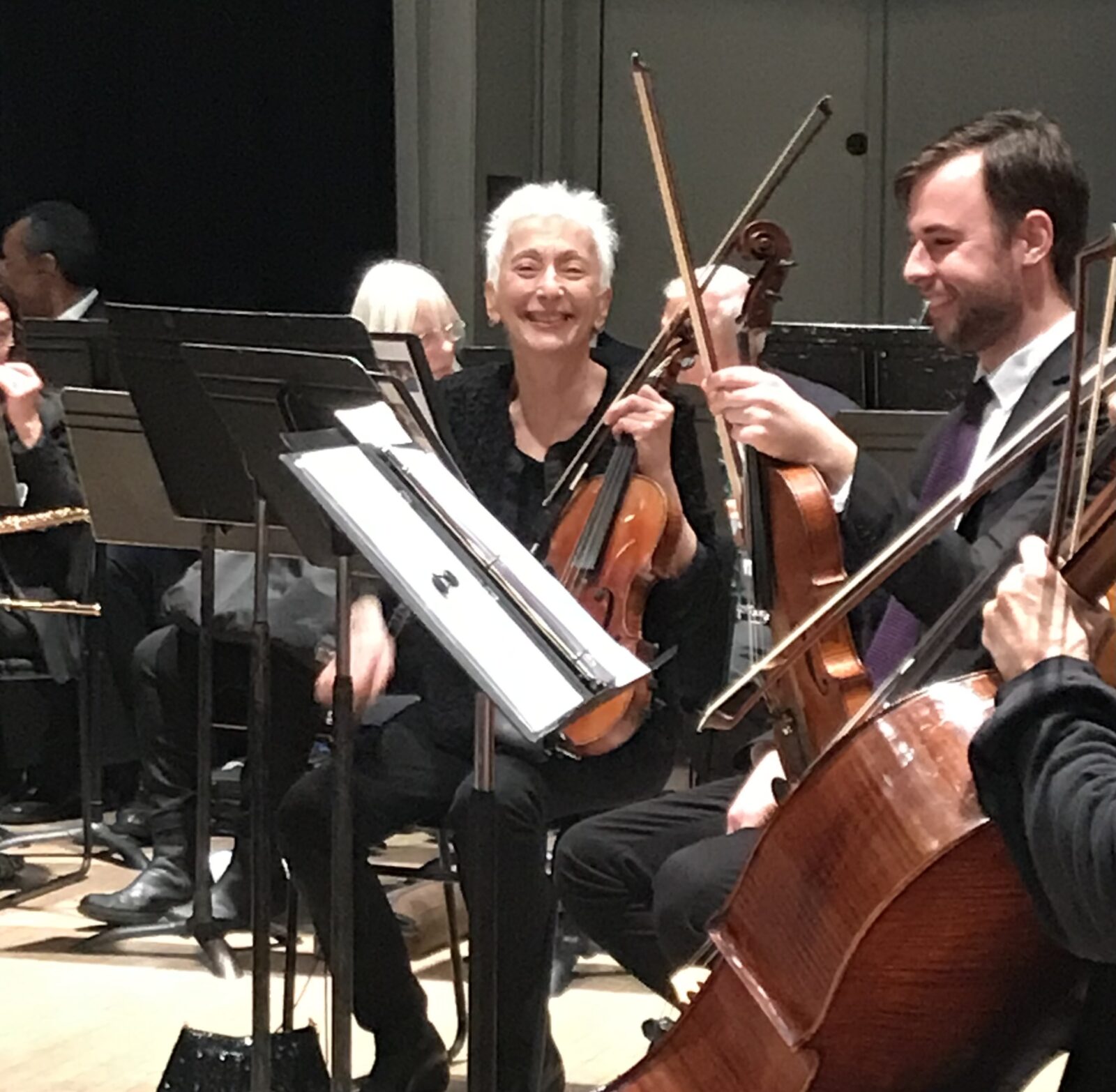
The day my quartet played out of tune and almost got our host evicted
Chamber music can be a high stakes activity - play a bit out of tune, and your host could end up on the street. Read about one such close call in New York City.Read More ↗
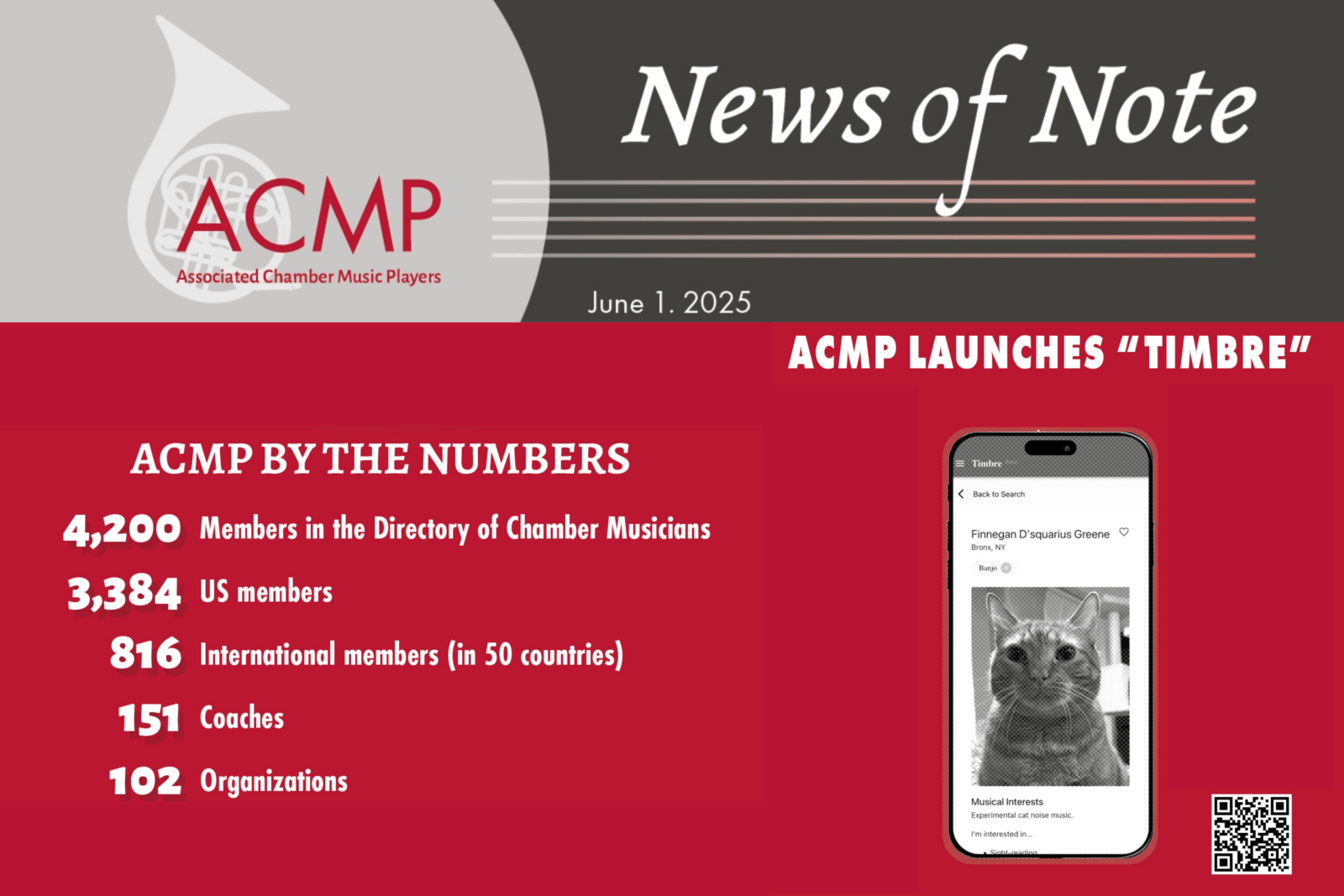
News of Note 2025
It’s that time of year again! The web version of the 2025 News of Note is live, featuring updates from the past year—and some fun extras, including everyone’s favorite: a new puzzle. (Submit your answers by July 1!)Read More ↗
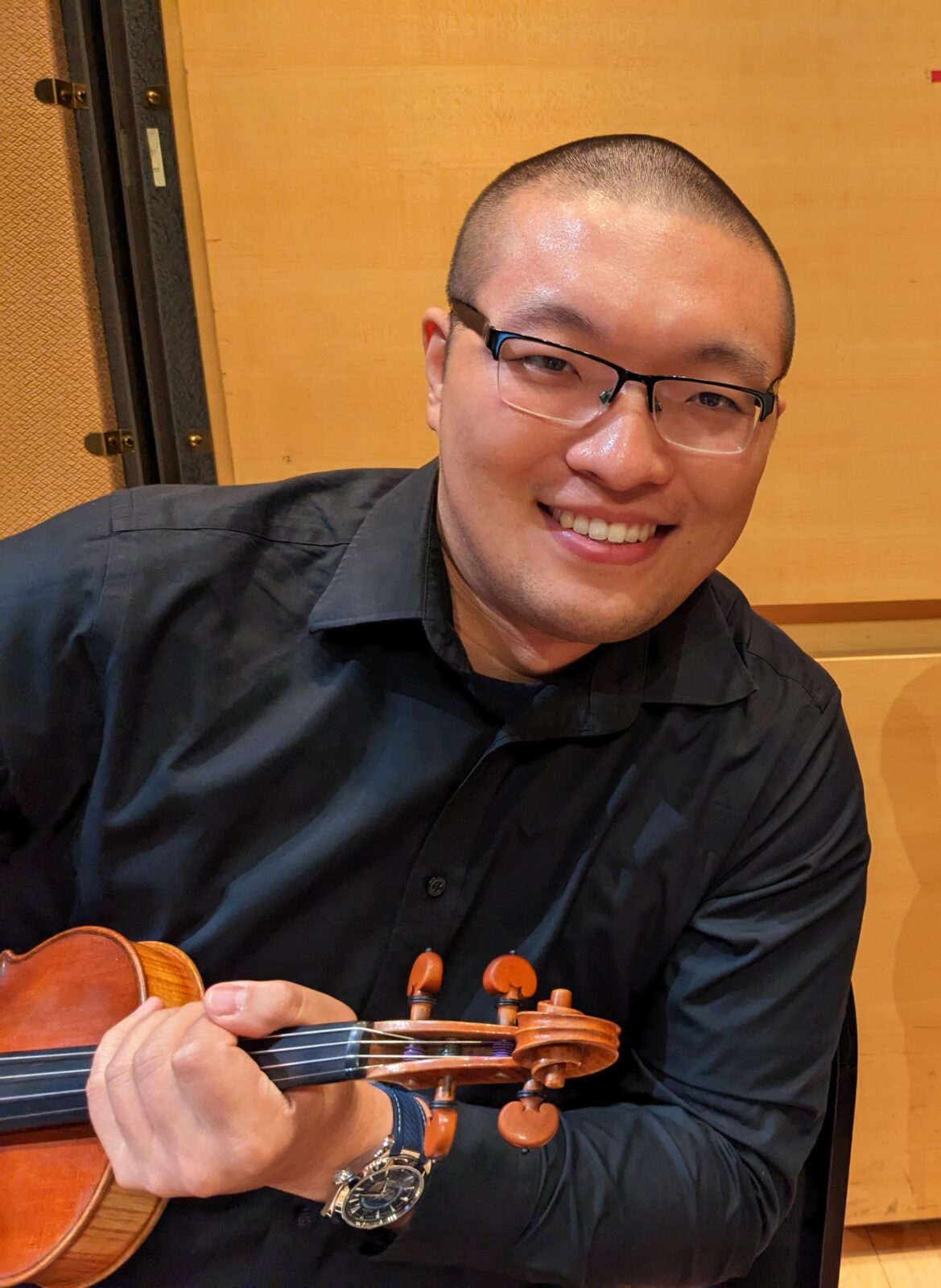
Member of the Month, June 2025: Frank Song
Frank Song, 28, may work remotely as a software engineer, but when it comes to music and the arts, he is all about being there, in person. With the flexibility to travel in his work, he seeks out concerts or museum exhibits in cities far beyond his home in Toronto. And while he’s at it, he takes along his violin to play chamber music. We caught up with Frank on a recent visit to New York, where he played chamber music with people he found through ACMP.Read More ↗

Seasoning for the Seasons
With a taste for adventure and a pinch of whimsy, follow ACMP cellist Tom Cappaert’s lead: stage a chamber concert in a Quito pizza parlor.Read More ↗
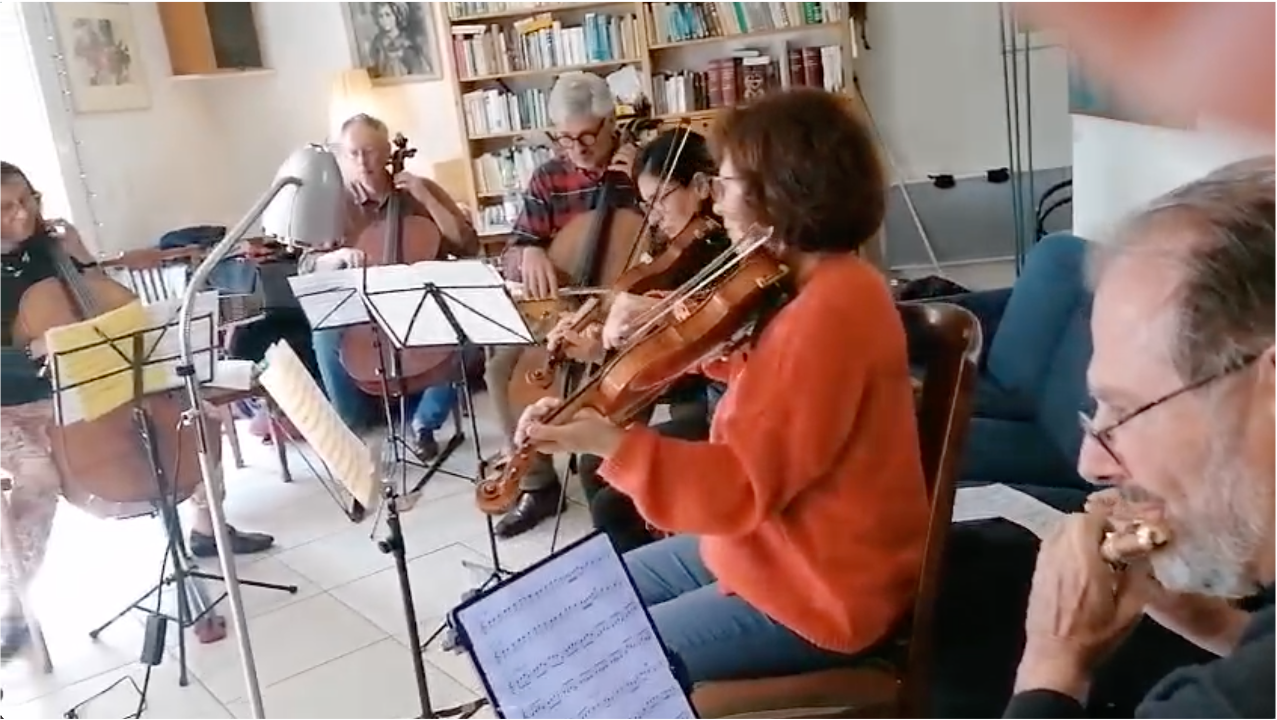
May 2025 Play-In Highlights!
Highlights from just a few Play-Ins during National Chamber Music Month!Read More ↗
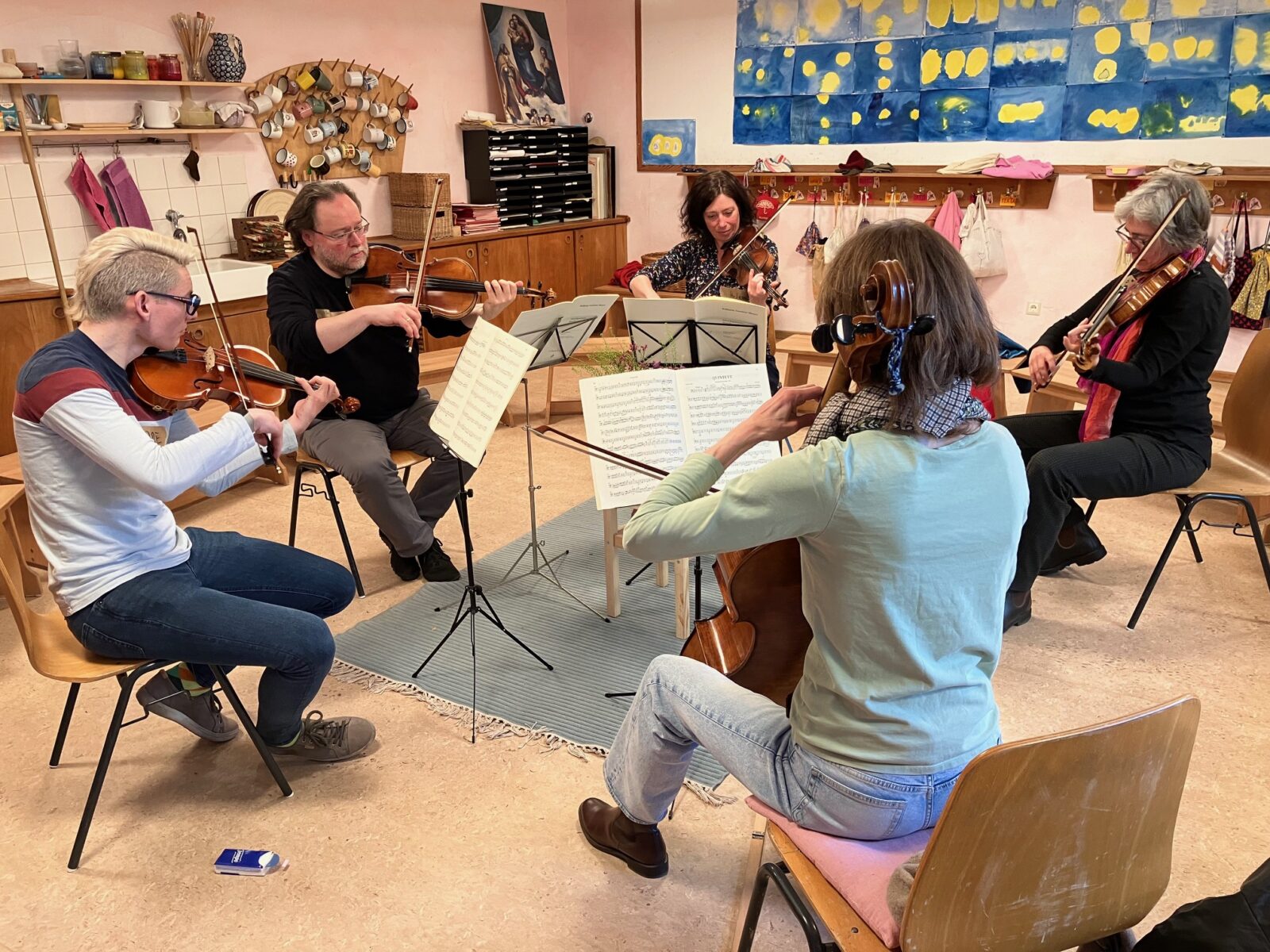
Play-In Report: Berlin Kammermusik Liste
Michael Knoch runs the Berlin Kammermusik Liste, and represents ACMP as its International Ambassador in Germany. He holds at least two Play-Ins a year, and has a unique gift for organizing large Play-Ins with a mix of all instruments and voice. Read about his second Play-In of 2025!Read More ↗
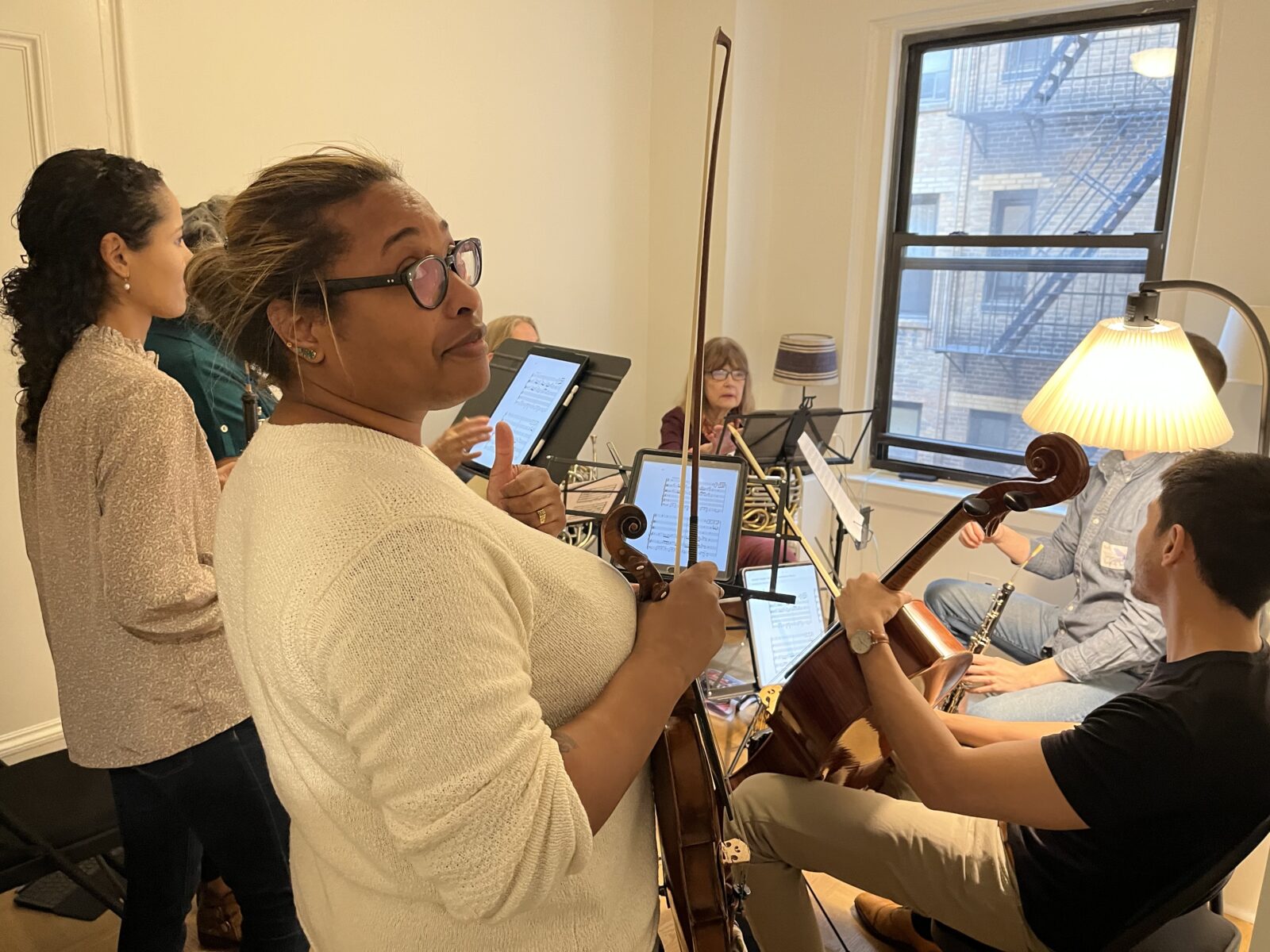
2025 Worldwide Play-In Events
May is Chamber Music Month! Celebrate with Play-Ins all month long, and during the Worldwide Play-In Weekend: May 16-18, 2025. See this list of Play-Ins in the ACMP Directory to date, and keep checking it for updates.Read More ↗
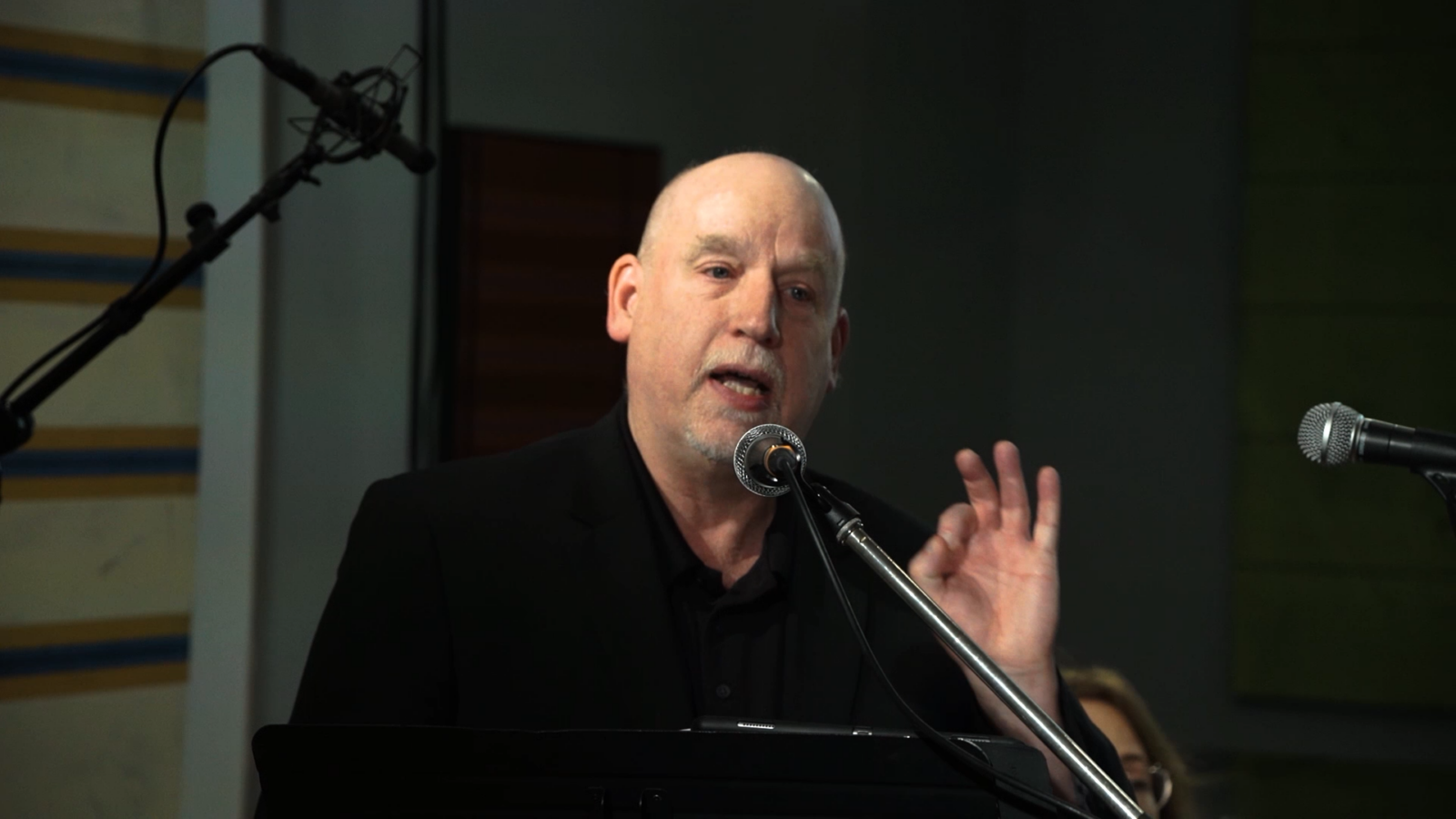
New Video: Ravel’s String Quartet with Cal!
Cal Wiersma is back, sharing ensemble tips and tricks through the lens of Ravel’s String Quartet.Read More ↗
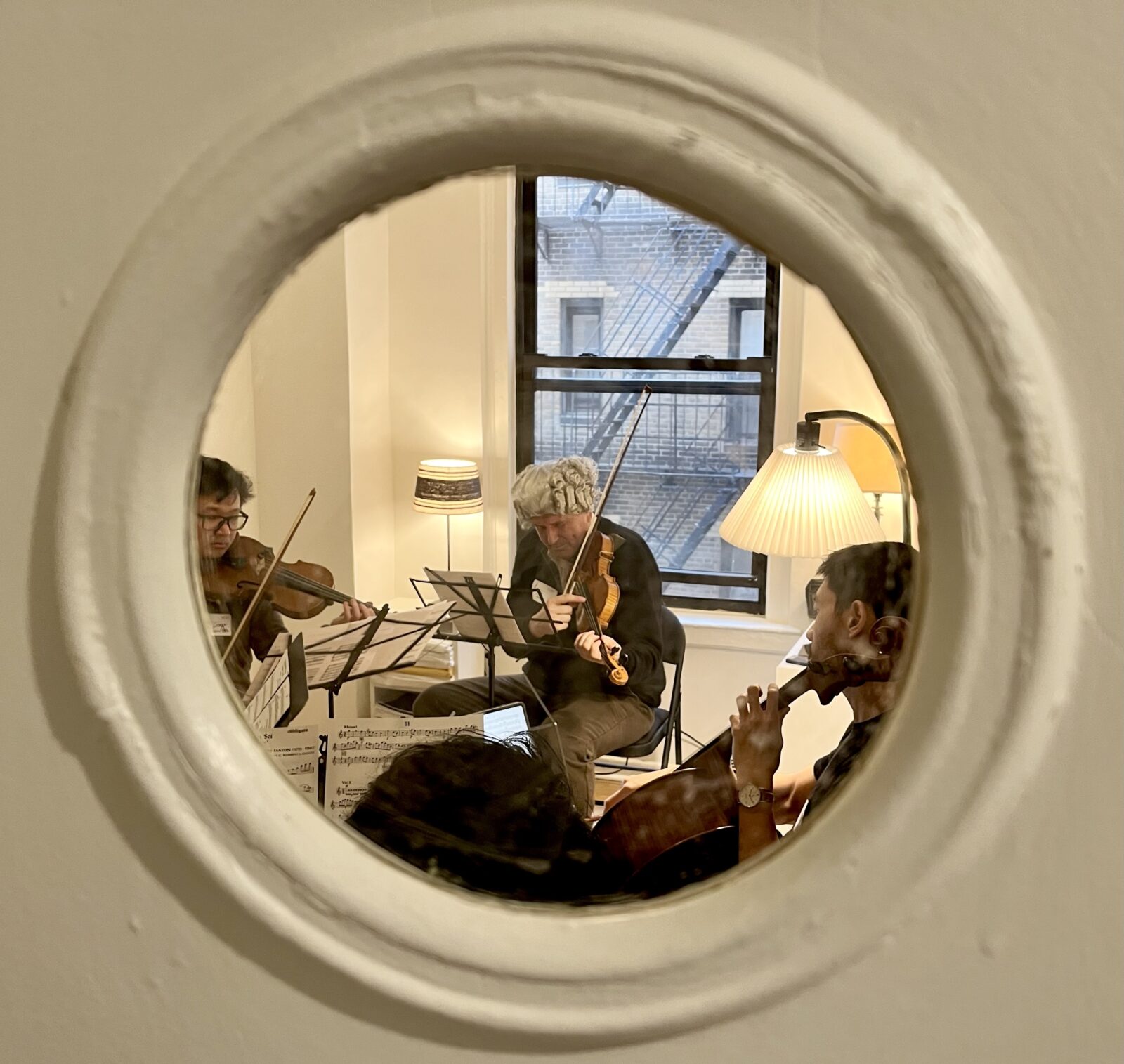
Here’s looking at you, Joe!
One day before Haydn's 293rd birthday - a Haydn party happened in Manhattan. Haydn himself appeared (in the form of ACMP violinist, board member and host, Bob Goetz.) 30 players participated - one third of the participants were wind and brass players! Read about the party and get some fun repertoire ideas!Read More ↗
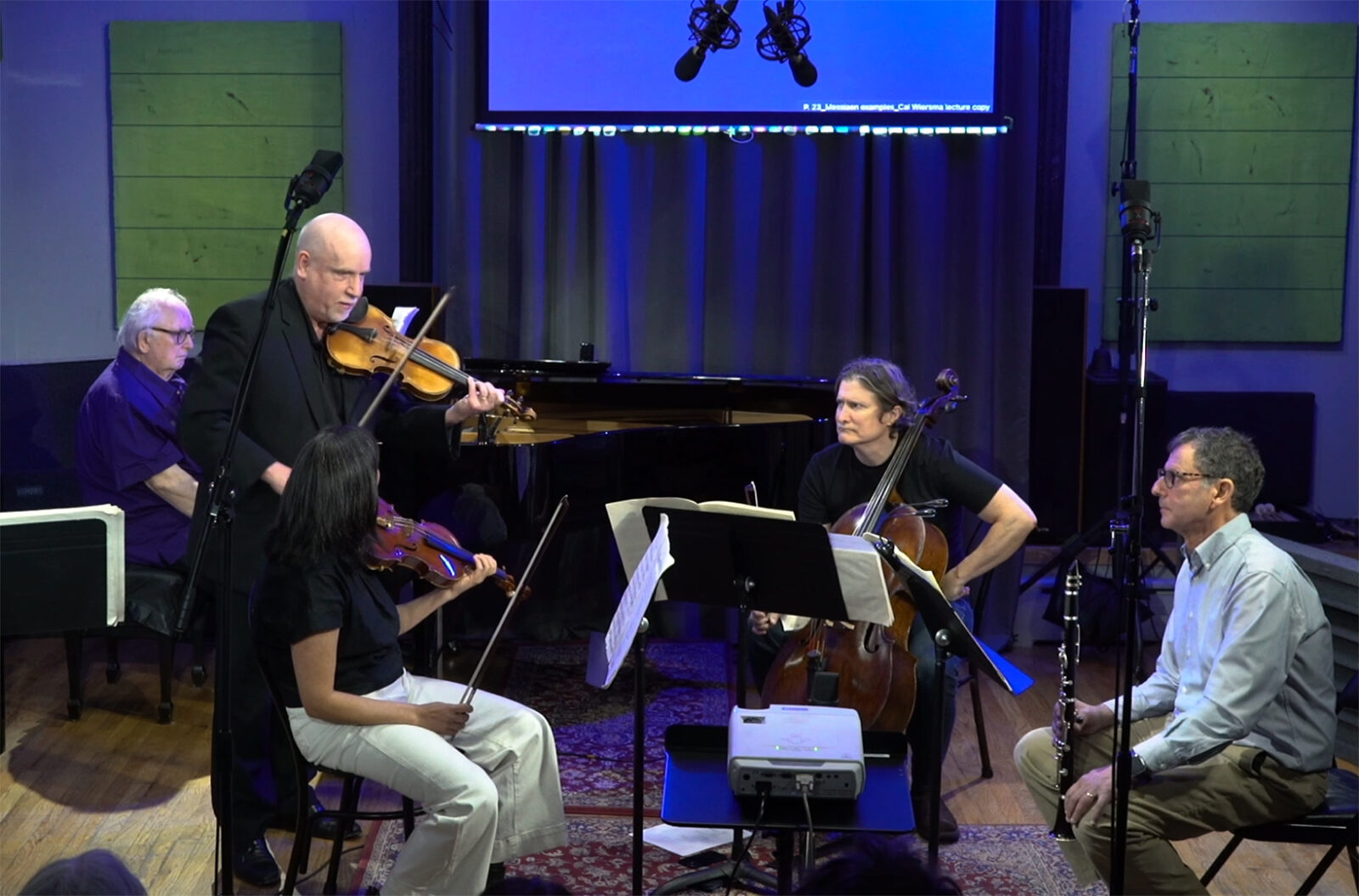
Cal Wiersma Class: Rehearsal Techniques in Ravel’s String Quartet
Back by popular demand - ACMP is offering another live and live-streamed class with violinist and chamber music coach Cal Wiersma on chamber music rehearsal techniques in Ravel's String Quartet on Sunday, April 6 at 3pm ET.Read More ↗
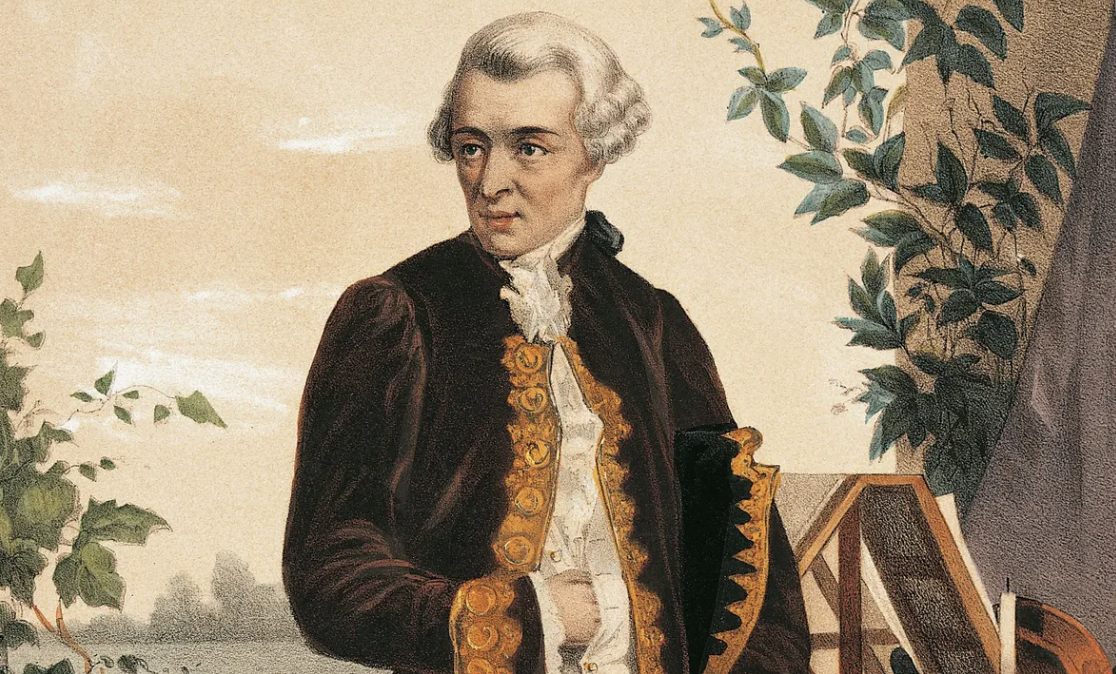
The 2025 ACMP Haydn Challenge
March 31 is Joseph Haydn’s birthday! It’s also a fabulous occasion to celebrate his contributions to the world of chamber music with a gift in his honor to ACMP…Throughout the month of March, we hope you will participate in the ACMP Haydn Challenge.Read More ↗
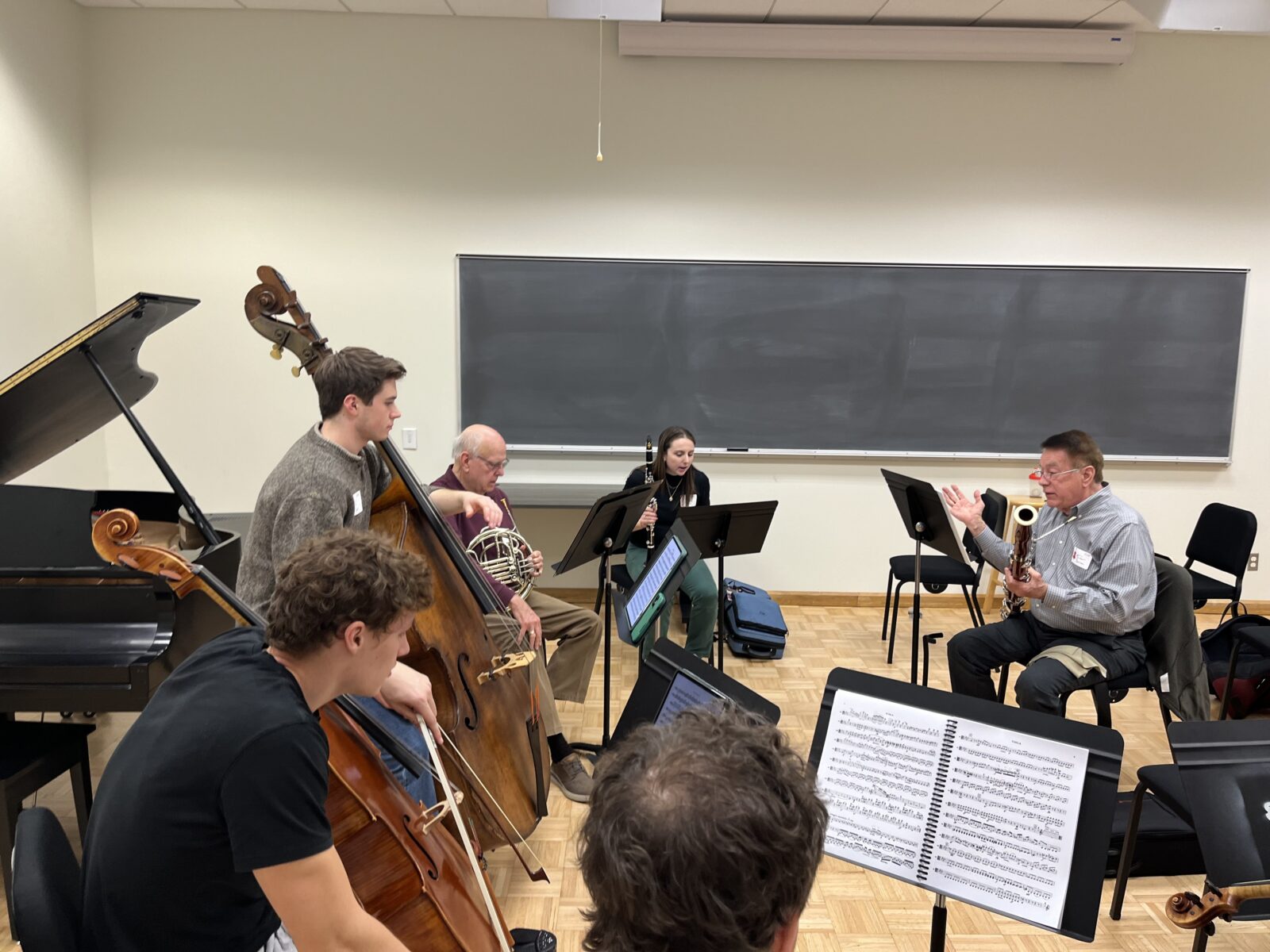
Post-CMA Conference Recap 2025
The CMA Conference in Houston—four days of nonstop music, inspiring connections, a jam-packed ACMP Play-In and a surprise woodwind trio at the Menil Collection!Read More ↗
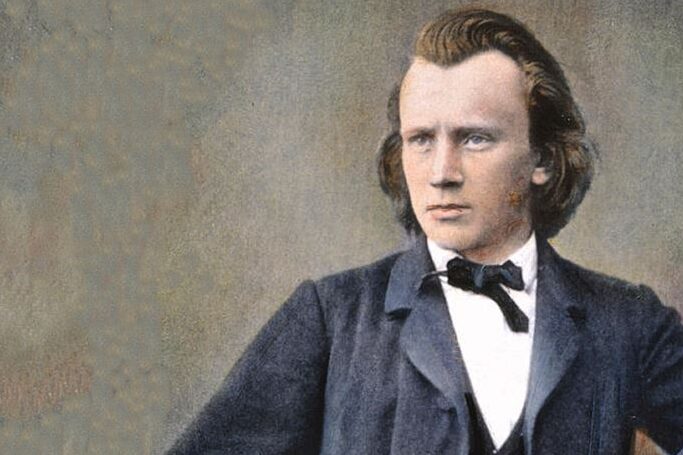
New Listening Club Video: Exploring Brahms Piano Quintet in f minor, Op. 34
Out now! Watch the video recording from our recent Listening Club event with Peter Fender returning and going through Brahms’ Piano Quintet in F minor, Op. 34—an arrangement of an arrangement.Read More ↗
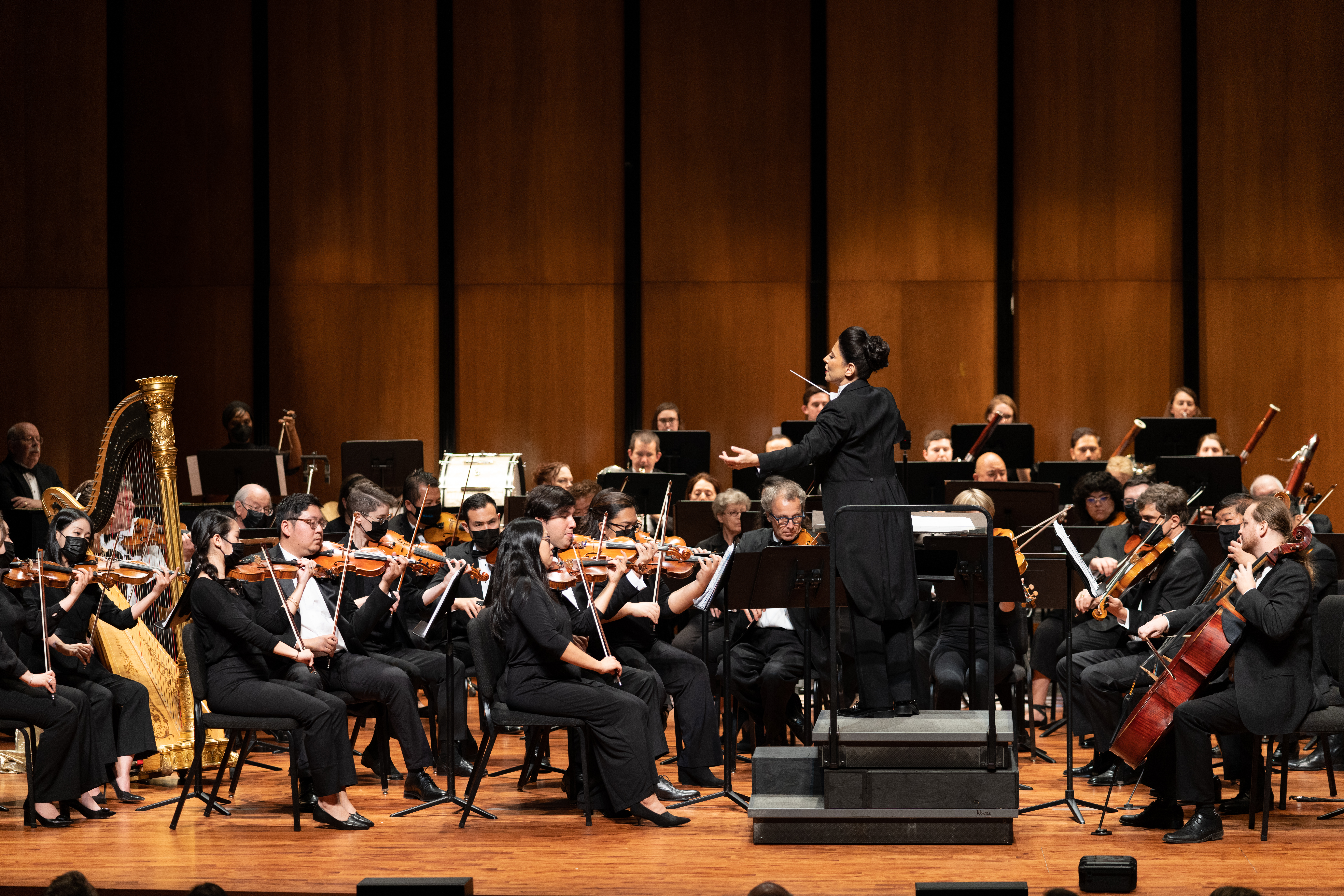
An orchestra born out of one woman’s dream
Over the course of its 25 years, the Texas Medical Center Orchestra has earned national acclaim in becoming a fixture of the Houston musical community. But how it got to this point can be traced to the vision of one woman—Libi Lebel, who moved to the Houston area in the late 1990s as an aspiring conductor and simply wanted to find a group to lead.Read More ↗

And it’s launched! The new Timbre web app
Just in time for Valentine's Day, ACMP is launching its new Timbre web app. Here's how to find it - and some handy tips on how to use it, too.Read More ↗
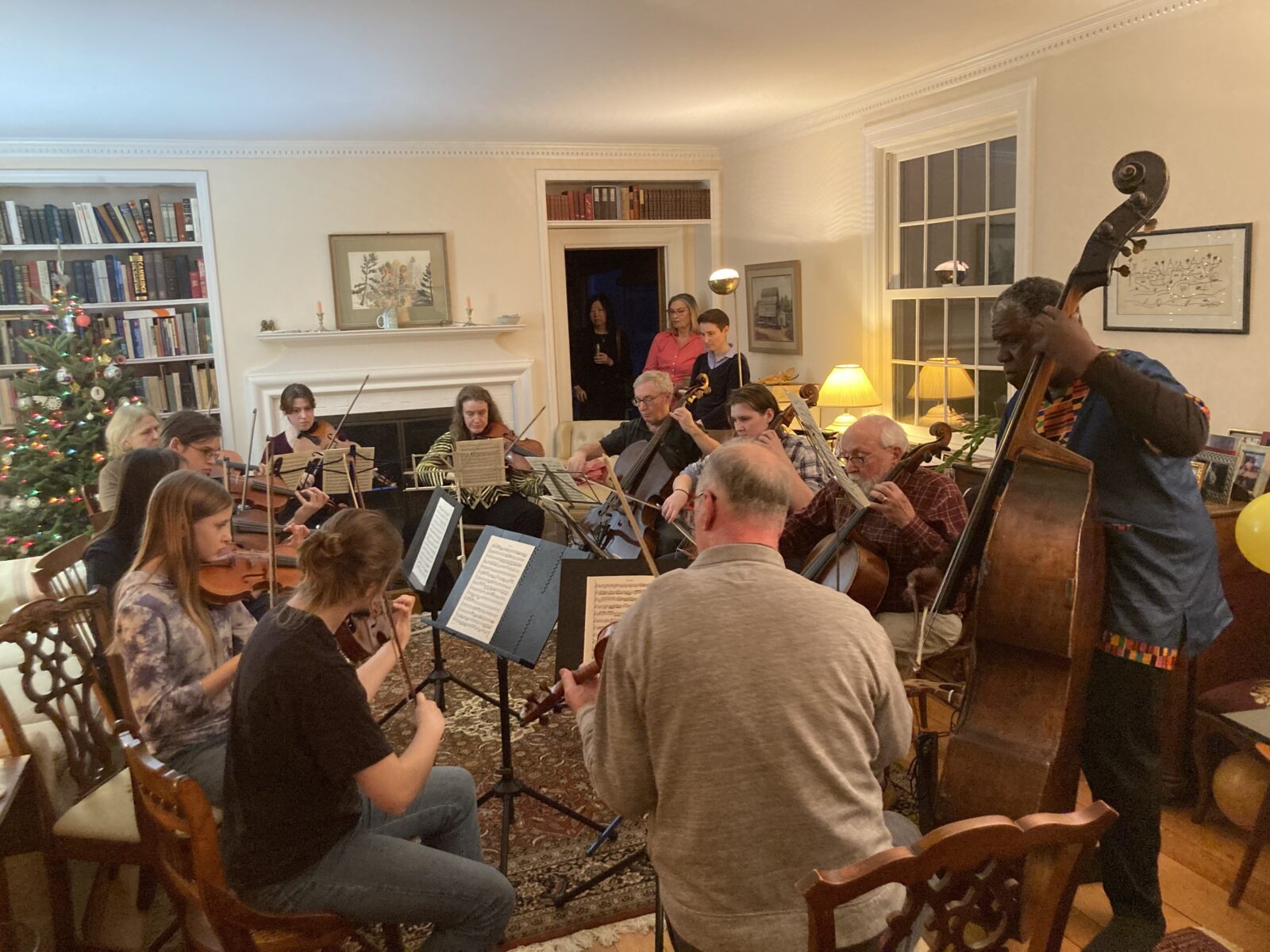
Celebrating the holidays with chamber music!
Looking back on a festive holiday season,ACMP was especially inspired this year by how many of our members made music together in their homes as part of their celebrations. ACMP Executive Director Stephanie Griffin attended two of these, and a special jazz party on New Year's Day.Read More ↗
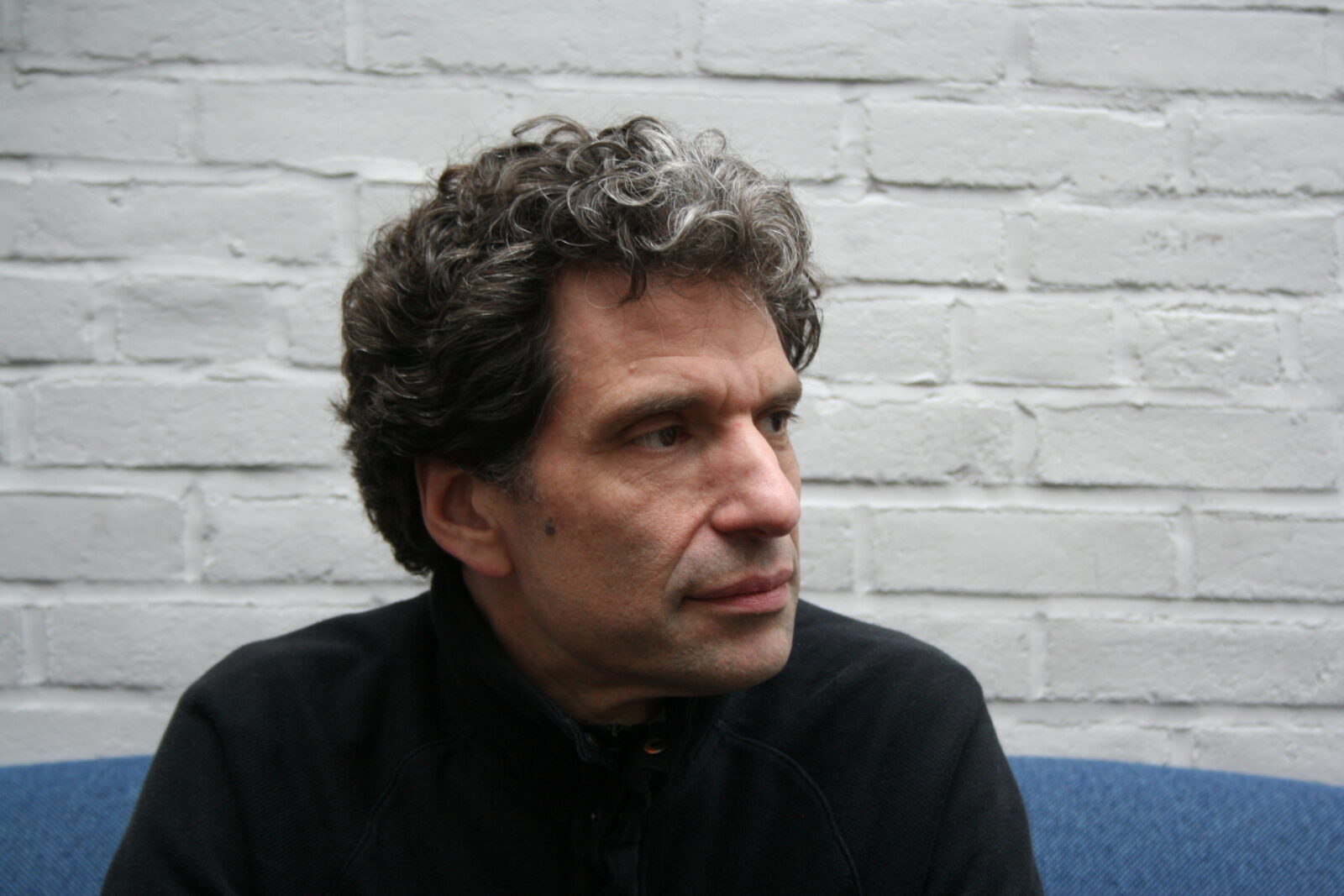
ACMP member discount on Seth Knopp’s new course “Music Speaks”
Join pianist and Yellow Barn Artistic Director Seth Knopp in New York City for a unique new music appreciation course "Music Speaks" on February 22 and 23 and March 1 and 2. And enjoy a 20% discount as a member of ACMP!Read More ↗